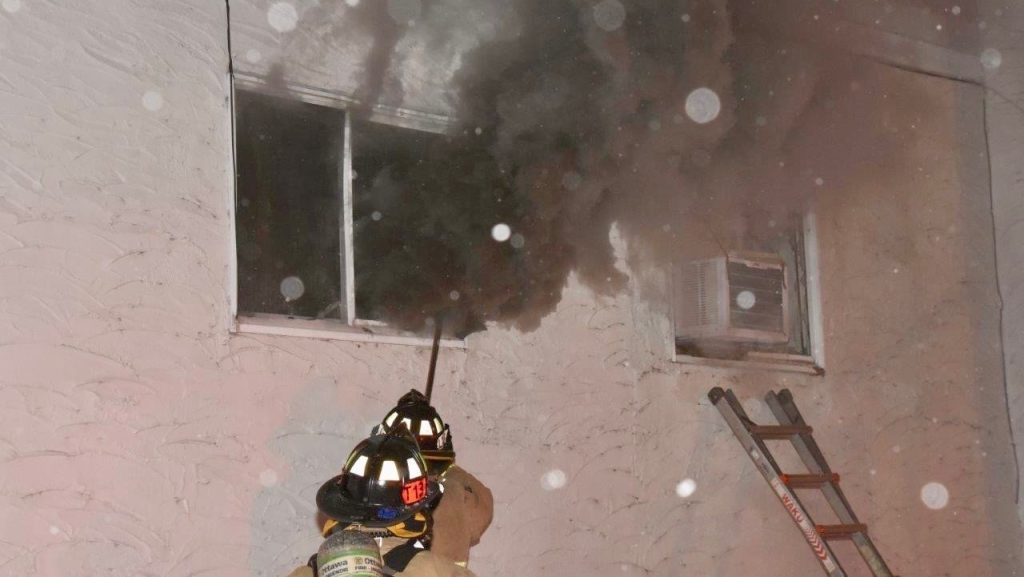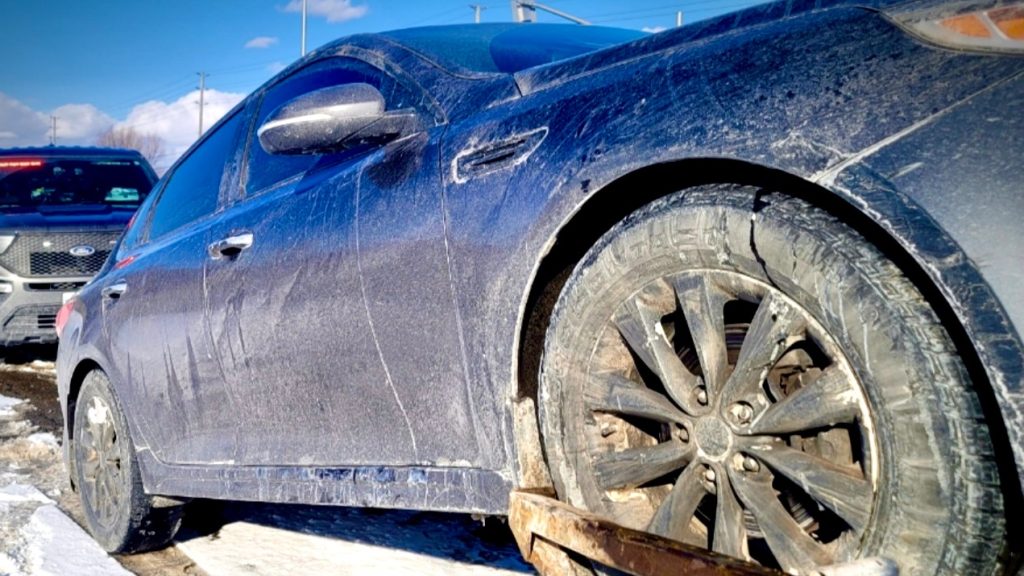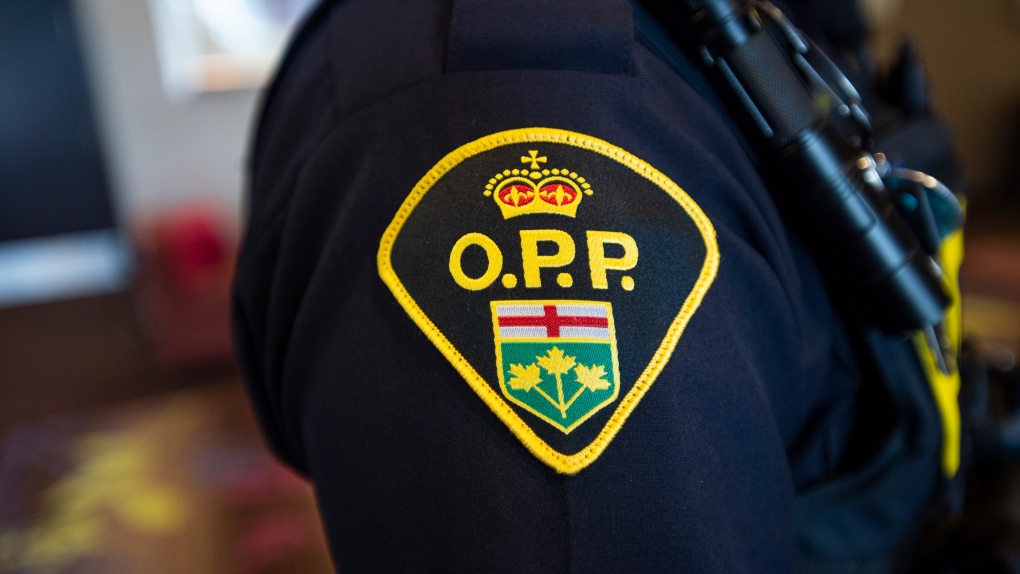Boy Scouts’ $2.4 billion bankruptcy plan upheld by judge
Posted Mar 28, 2023 10:26:00 PM.
DOVER, Del. (AP) — A $2.4 billion bankruptcy plan for the Boy Scouts of America has been upheld by a federal judge, clearing an important hurdle in the legal challenge by certain insurance companies and dissenting sex abuse survivors.
The plan would let the Texas-based organization keep operating while it compensates tens of thousands of men who say they were sexually abused as children while involved in Scouting.
The ruling released Tuesday in U.S. District Court in Delaware rejected arguments that the bankruptcy plan wasn’t proposed in good faith and improperly strips insurers and survivors of their rights.
More than 80,000 men have filed claims saying they were abused as children by troop leaders around the country. Plan opponents say the staggering number of claims, when combined with other factors, suggest the bankruptcy process was manipulated.
Judge Richard Andrews said he found no fault with the plan’s initial approval by a federal bankruptcy judge in September, although he agreed with the previous judge that it was “an extraordinary case by any measure.”
“The appellants have failed to put forth evidence that would demonstrate clear error in the bankruptcy court’s careful findings of facts,” the judge wrote.
A spokesperson for lawyers representing several non-settling insurance companies had no immediate comment, but attorneys have previously suggested the case could eventually reach the U.S. Supreme Court.
The Boy Scouts issued a statement describing the ruling as “a pivotal milestone” that “solidifies a path forward for both survivors and Scouting.”
“We look forward to the organization’s exit from bankruptcy in the near future and firmly believe that the mission of Scouting will be preserved for future generations,” the statement said.
Under the plan — which the Boy Scouts describe as a “carefully calibrated compromise” — the organization itself would contribute less than 10% of the proposed settlement fund. The local Boy Scout councils, which run day-to-day operations for troops, offered to contribute at least $515 million in cash and property, conditioned on certain protections for local troop sponsoring organizations, including religious entities, civic associations and community groups.
The bulk of the compensation fund would come from the Boy Scouts’ two largest insurers, Century Indemnity and The Hartford, which reached settlements calling for them to contribute $800 million and $787 million, respectively. Other insurers agreed to contribute about $69 million.
The Boy Scouts’ largest insurers negotiated settlements for a fraction of the billions of dollars in potential liability exposure they faced.
Other insurers, many of which provided excess coverage above the liability limits of the underlying primary policies, refused to settle. They argued that the procedures for distributing funds from a proposed compensation trust would violate their contractual rights to contest claims, set a dangerous precedent for mass tort litigation, and result in grossly inflated payments.
They also noted that a plaintiffs’ attorney had acknowledged that some 58,000 claims probably couldn’t be pursued in civil lawsuits because of the passage of time.
When it sought bankruptcy protection in February 2020, the Boy Scouts had been named in about 275 lawsuits and told insurers it was aware of another 1,400 claims. According to plan opponents, the huge number of claims filed in the bankruptcy was the result of a nationwide marketing effort by personal injury lawyers working with for-profit claims aggregators to drum up clients.
Insurers opposing the plan contend that Boy Scouts of America is contractually obligated to assist them in investigating, defending and settling claims, as it did before the bankruptcy. They say the organization, desperate to escape bankruptcy, colluded with claimants’ lawyers to inflate both the volume and value of claims in order to pressure insurers for large settlements, then transferred its insurance rights to the settlement trust. The insurers argue that if the Boy Scouts transfers its rights under insurance policies to the settlement trustee, it must also transfer its obligations under those policies.
Under the Boy Scouts’ plan, insurance companies, local Scout councils and troop sponsoring organizations would receive broad liability releases protecting them from future sex abuse lawsuits in exchange for contributing to the victims’ compensation fund – or even for just not objecting to the plan.
Some abuse survivors argued that releasing their claims against non-debtor third parties without their consent would violate their due process rights. The U.S. bankruptcy trustee, the government’s “watchdog” in Chapter 11 bankruptcies, argued that such releases are not allowed under the bankruptcy code, and that the scope of the proposed releases in the Boy Scout plan was unprecedented because it potentially extends to tens of thousands of entities.
Randall Chase, The Associated Press








